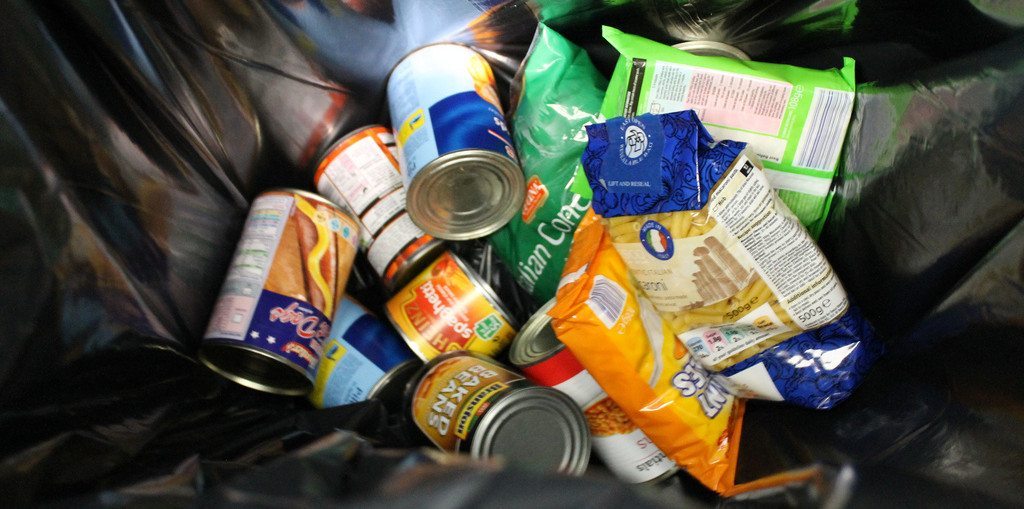Plans to turn food waste into renewable energy
Project IT has been launched with the aim of turning food waste into renewable energy to continue the search for greener ways to create electricity.
The University of Southampton will work together with the University of Warwick to explore ways of using leftover food plus natural materials such as plants, algae and fungi to create energy and give Britain a head start in this technology.
The £18 million that the project will cost will mainly go on funding for 13 new industry-academia networks in industrial biotechnology and bioenergy.
Industrial biotechnology is the use of biological resources such as plants, algae and fungi and micro-organisms, materials, chemicals and bioenergy whilst bioenergy is renewable energy made from biomass (organic material derived from plant or animal matter).
Universities and science minister, David Willets said: “These networks will unlock the huge potential of biotechnology and bioenergy, such as finding innovative ways to use leftover food, and creating chemicals from plant cells.”
Financed by the Biotechnology and Biological Sciences Research Council (BBSRC), this study will show the brightest minds from universities across England linking up with industry experts to make use of advances in biotechnology.
What is discovered in universities will be presented to industry experts, eventually turning the research into commercial ideas.
Professor Charles Banks, head of water and environmental engineering at Southampton explained that it will be “bringing academia and industry together.”
Anaerobic digestion is when biomass is broken down by micro-organisms in the absence of air. Naturally occurring micro-organisms digest the biomass, releasing biogas (a methane-rich gas) which can be used to generate renewable heat and power.
Professor Banks said that “anaerobic digestion is an established technology for waste management and bioenergy production, but could benefit hugely through knowledge transfer from recent exciting advances in industrial biotechnology.”
Dr Celia Caulcott, BBSRC executive director, clarified that these new networks will “bring together a number of internationally competitive, cross-disciplinary communities capable of undertaking innovative research that will attract further investment from the UK and abroad.”
They allow the research community to make important contributions to the UK’s bioeconomy which has a great deal of benefits such as leading transformational bioscience into industrial processes and products, creating wealth and employment and reducing CO2.
David Willets added: “To get ahead in the global race, we need to turn our world-beating science and research into world-beating products and services.”

Comments